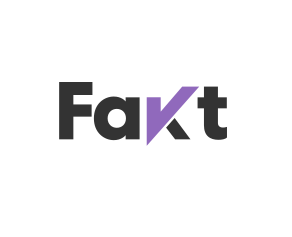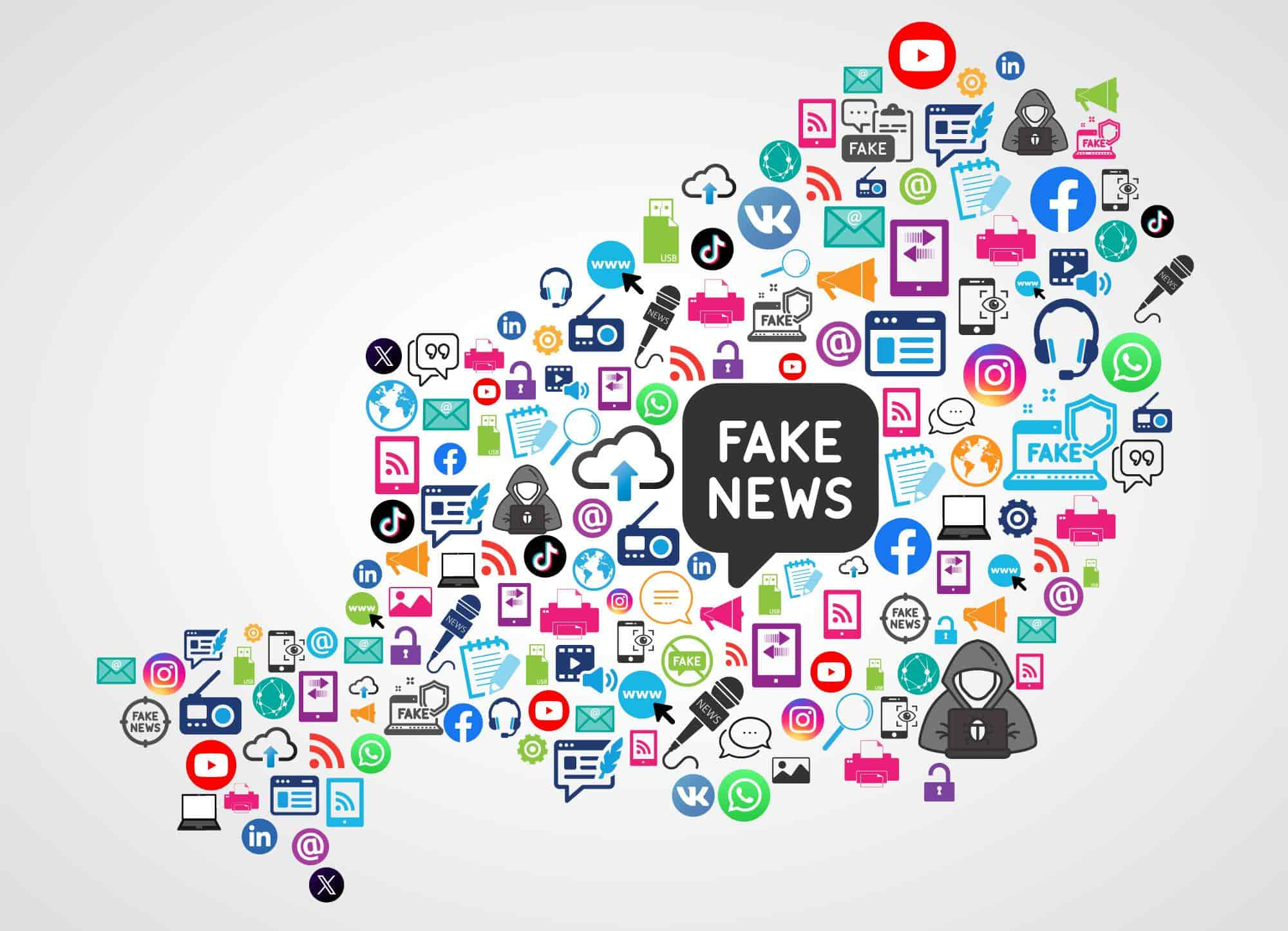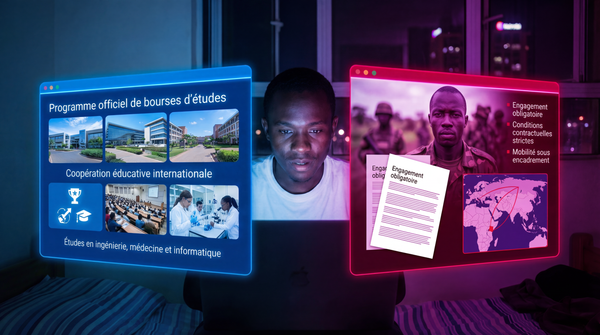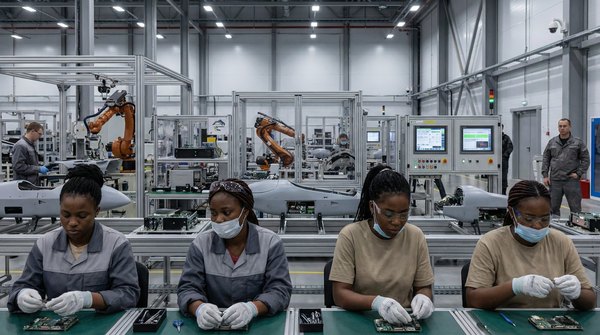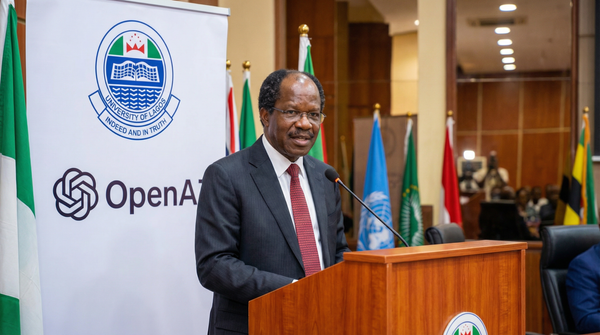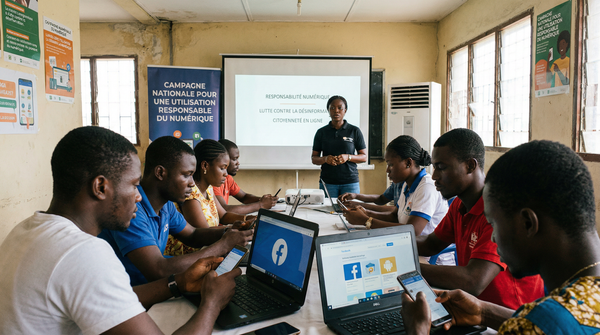En situation de crise politique, la manipulation de l’information peut représenter une véritable arme de guerre. Les médias constituent un enjeu sécuritaire de taille. Au sein d’un pays en crise, l’information rendue publique devient le seul narratif injecté à la population. Instrument de contrôle, la manipulation de l’information est un moyen d’influence redoutable, qui laisse le champ libre à la propagande, sans contradiction possible. Bafouant ainsi toute notion de déontologie, la manipulation informationnelle est un outil utilisé dans le but de forcer les populations à ne se fier qu’à un seul et même narratif, peu importe sa véracité.

Aujourd’hui, la désinformation pollue le paysage médiatique. L’espace numérique du pays offre les moyens nécessaires à la propagation massive de fake news. Le développement de l’intelligence artificielle (IA) et des deep fakes sont des menaces supplémentaires dans la lutte contre la désinformation. Ces leviers sont de plus en plus utilisés en contexte de crise politique.
Au-delà des fake news, l’intimidation et les sanctions infligées aux journalistes de certains pays en crise agissent comme des « procédures baillons ». Visant à faire taire toute partie opposante à l’idéologie du pouvoir en place, de nombreux journalistes sont forcés au silence sous peine de séquestration, de passage à tabac ou encore de meurtre.
Niger : terrain propice à la désinformation ?
Six mois après le coup d’État ayant entraîné le renversement du Président Mohamed Bazoum, le Niger connaît une crise politique sans précédent. L’arrivée au pouvoir des militaires, sanctionnée par la Communauté économique des États d’Afrique de l’Ouest (CEDEAO) plonge le pays dans l’instabilité et l’insécurité. Par définition, le coup d’État déchoit le peuple de sa souveraineté.
En poursuivant sur sa lancée, le nouveau gouvernement du Niger, ayant rejoint celui du Burkina Faso et du Mali au sein de très récente Alliance des États du Sahel (AES) a annoncé dimanche rompre les liens avec la CEDEAO. Cette décision enlise davantage le pays dans l’isolement.
Au Niger, la situation médiatique serait en train de se dégrader à la suite de la crise politique et sécuritaire. Avec le récent coup d’État, le journalisme nigérien a dû faire face à un certain nombre de défis, fuyant la menace d’une éventuelle répression. Face à ces enjeux, l’éducation de la jeunesse aux dangers de la désinformation devient plus que vitale.
Si le recours à l’information via les médias semble essentiel, au Niger, il se pourrait que ces derniers soient aujourd’hui réduits à des outils de propagande.

